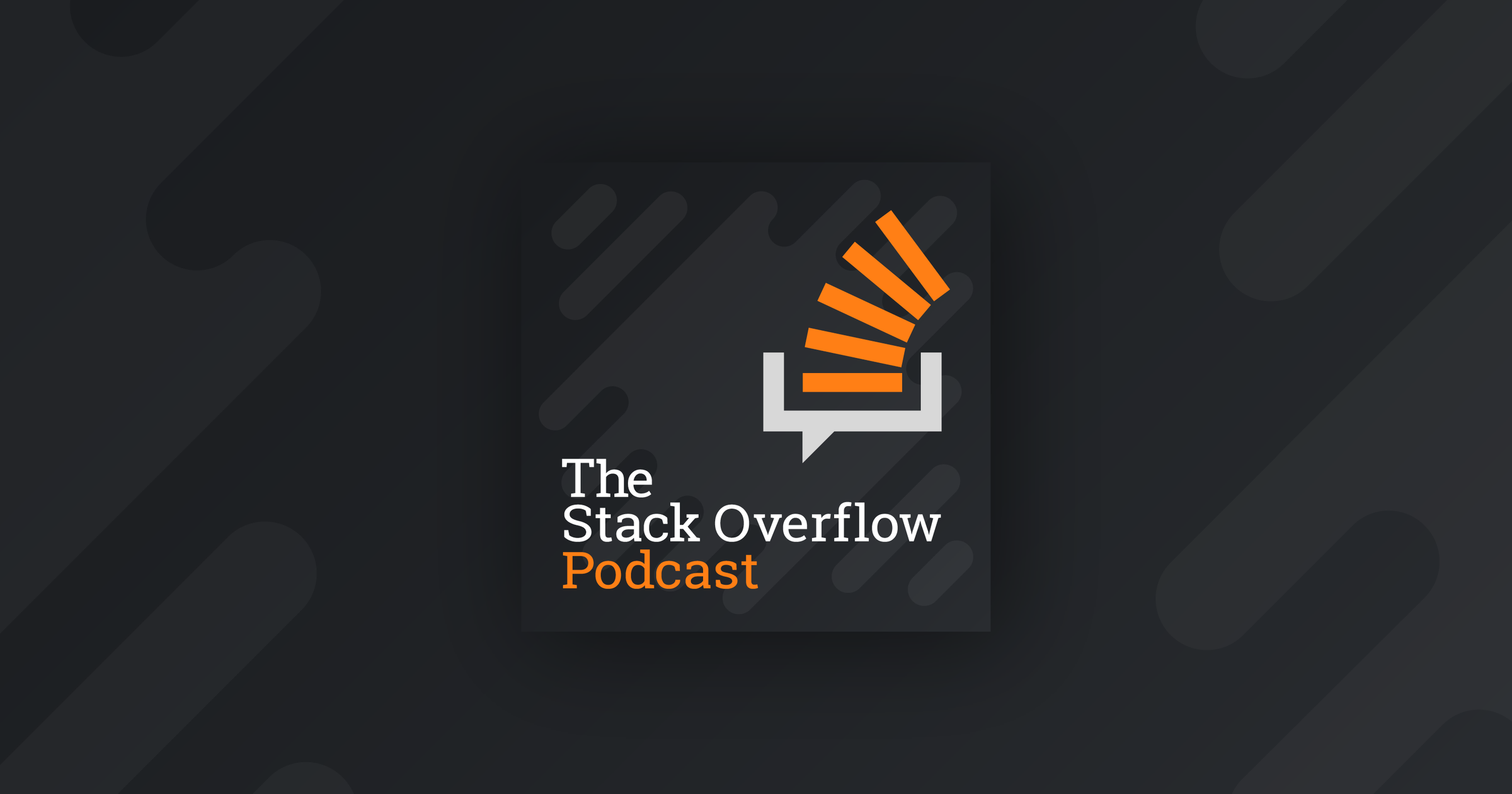This week we chat about SOLID, a project involving web creator Tim Berners-Lee. The idea is to provide individuals in Britain with a secure portal on the web that can store critical health data and give the patient the ability to move or share it securely. It involves some cool approaches to encryption and that old dream, The Semantic Web.
Episode Notes
You can find out more about Sir Berners-Lee's work on Solid here.
Other topics discussed in this episode:
Docker puts a limit on free containers. That has to be good for the environment. But is it also good for Docker and the future of its products? Sometimes, forcing yourself to make something worth purchasing helps drive innovation.
The Tao of Programming isn't new, and some of its technical references are a bit out of date. But it's still good for a laugh and little bit of enlightenment-lite.
Are you interested in putting on your own drone light show? Intel offers options to fit a range of budgets.
This week's lifeboat badge goes to JCL for answering the question: C# compiler: CS0121: The call is ambiguous between the following methods or properties.
